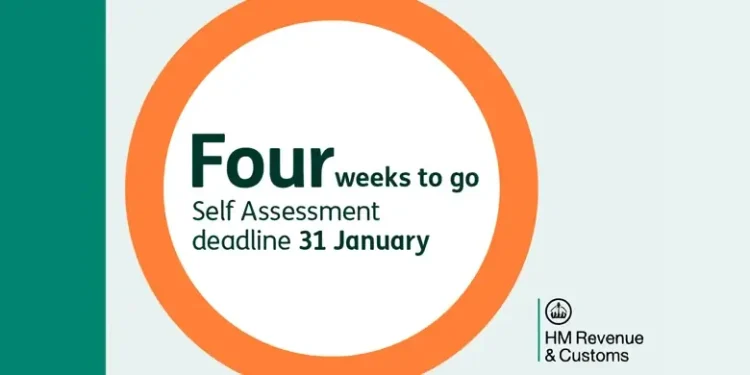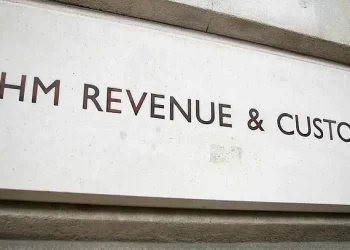Deadline Looms for Self Assessment Tax Returns
As of January 6, 2025, thousands of people have already filed their Self Assessment tax returns, including some who submitted theirs on New Year’s Day.
However, HMRC is reminding the remaining 5.4 million individuals that they must submit their tax returns and pay any owed tax by the deadline to avoid penalties.
Key Deadlines and Penalties
The deadline for submitting online tax returns is midnight on January 31, 2025. For those who prefer to file on paper, the deadline was October 31, 2024. Failure to meet these deadlines can result in a £100 fine, with additional penalties for prolonged delays.
It is crucial for self-employed individuals and those with untaxed income to comply with these deadlines to avoid financial repercussions.
Economic Implications
The timely submission of tax returns is essential for maintaining the integrity of the UK’s tax system and ensuring public services are adequately funded. Delays or non-compliance can lead to significant financial losses for the government, impacting various public sectors.
Statistics and Scale
- 5.4 million individuals yet to file their tax returns
- More than 12 million people required to file a tax return for the 2023-2024 tax year
- Over 3.5 million have already submitted their returns
HMRC’s Guidance and Support
Starting your Self Assessment early means you are more likely to complete an accurate tax return, avoid any last-minute panic, and know what you owe sooner so you can budget accordingly.
Myrtle Lloyd, Director General for Customer Services at HMRC.
HMRC has provided extensive guidance, including YouTube videos and a step-by-step guide, to help individuals complete their tax returns accurately and on time.
Progress and Targets
- 97% of Self Assessment returns are filed online
- HMRC aims to reduce tax non-compliance through new measures
- Target to raise an additional £5 billion in tax revenue over the next five years
Local and Sector-Specific Impact
The impact of timely tax return submissions is felt across various sectors, particularly among self-employed individuals and small businesses.
For instance, the government’s recent tax cuts for the self-employed, such as reducing the main rate of Class 4 self-employed NICs from 9% to 8%, will benefit around 2 million self-employed individuals, resulting in an average saving of £350.
Immediate Implications and Broader Significance
Individuals are advised to act promptly to avoid penalties and ensure they meet the January 31, 2025, deadline. The broader significance of this compliance lies in the overall health of the UK’s economy, as timely tax submissions contribute to the government’s ability to fund essential public services and drive economic growth.
The importance of meeting tax return deadlines cannot be overstated, as it not only affects individual financial stability but also the national economy. As the deadline approaches, HMRC’s resources and guidance are available to help individuals navigate the process efficiently.









